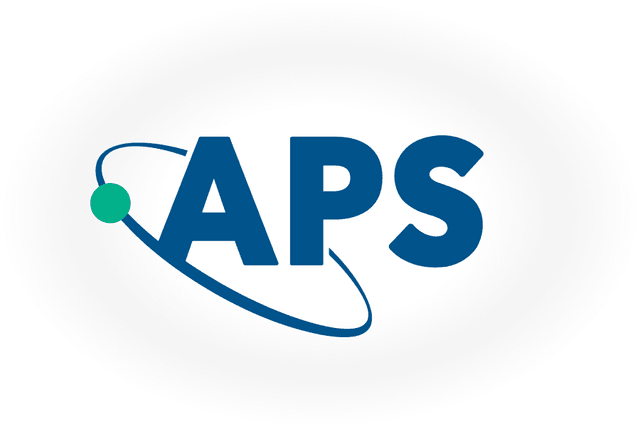Responsible Conduct of Research and Participation
Scientists and educators have a duty to obey rules and regulations regarding the responsible conduct of research and ethical participation in the activities of their department, laboratory, or company. For publicly supported research, this means adhering to both institutional and federal rules (e. g. OMB Circular A21 for federally supported research at universities) in making expenditures, and acting in a manner that recognizes the importance of spending taxpayers’ money wisely, and with as little waste as possible.
Research support is not an entitlement. In the course of working within a company, a national laboratory, or a university department, there are also issues of ethics and fairness, which should govern day-to-day behavior. In all of these arenas, individuals may be confronted with difficult choices. This is especially important in the context of personnel decisions.


